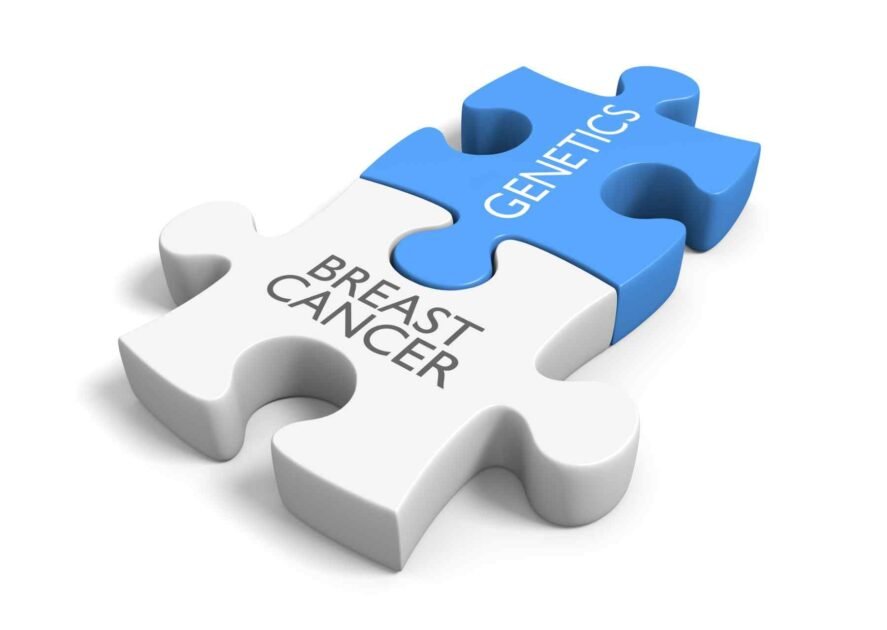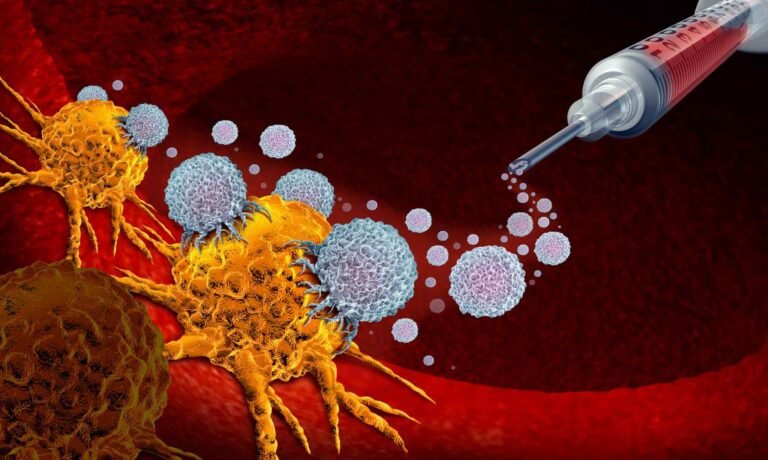Cancer Treatment Success
Cancer remains one of the most significant health challenges worldwide, affecting millions of lives each year. From diagnosis to treatment, the process involved for individuals with cancer can be daunting and filled with uncertainties. However, amidst the complexities and hardships, there are stories of triumph and resilience that provide hope for individuals and their loved ones.
As we discuss cancer treatment success further, it’s important to reflect on the fact that these descriptions of overcoming challenges can bring hope and inspiration to others facing similar battles.
Each success story represents not only a victory over disease but also a testament to the advancements in cancer research, treatment modalities, and the dedication of healthcare professionals.
In what follows, we’ll discuss some prominent examples of cancer treatment success that fuel the hope for a brighter future in the fight against cancer.
Innovations in Cancer Treatment
Advancements in cancer treatment have created new approaches to the disease and have led to improved outcomes for patients worldwide. From targeted therapies to cutting-edge technologies, these innovative approaches have set a course for more personalized and effective cancer care.
Genetic Testing
Genetic testing is a powerful tool in cancer diagnosis, treatment selection, and prognosis prediction. By analyzing a patient’s genetic makeup, healthcare providers can identify specific genetic mutations or alterations that are seen with cancer growth and progression. This information allows for the development of specific therapies that specifically target the underlying molecular abnormalities driving the disease.
Furthermore, genetic testing can help identify individuals at increased risk of developing certain cancers, enabling early detection and intervention through screening and preventive measures. As genetic testing technologies continue to evolve and become more accessible, they hold tremendous promise for optimizing cancer treatment and prevention strategies.

Immunotherapy
Immunotherapy has dramatically changed cancer treatment by harnessing the body’s immune system to recognize and eliminate cancer cells. Unlike traditional treatments such as chemotherapy and radiation therapy, which directly target cancer cells, immunotherapy works by unleashing the immune system’s natural ability to detect and destroy cancer cells.
Specific approaches in immunotherapy include immune checkpoint inhibitors, which block inhibitory pathways that suppress the immune response, and adoptive cell therapies, which involve engineering immune cells to target and kill cancer cells more effectively. Immunotherapy has demonstrated remarkable success in treating a variety of cancers, including melanoma, lung cancer, and certain types of leukemia and lymphoma.
Hormonal Therapies
Hormonal therapies are regularly utilized in the treatment of hormone-sensitive cancers such as breast cancer and prostate cancer. These therapies work by interfering with hormone signaling pathways that drive cancer growth and proliferation. In breast cancer, hormonal therapies such as selective estrogen receptor modulators (SERMs), aromatase inhibitors, and estrogen receptor antagonists are commonly used to block the effects of estrogen, which can stimulate the growth of breast cancer cells.
Similarly, in prostate cancer, hormonal therapies such as androgen deprivation therapy (ADT) are used to lower levels of testosterone. Testosterone is a known influencing factor in the development of cancer cells in the prostate. Hormonal therapies are often used in combination with other treatments, such as surgery, chemotherapy, or radiation therapy, to improve outcomes for patients with hormone-sensitive cancers.
Innovation in Radiation Therapy
Radiation therapy continues to evolve with technological advancements aimed at delivering precise and targeted radiation doses to cancerous tumors while minimizing damage to surrounding healthy tissues. Innovations in radiation therapy include:
- Image-guided radiation therapy (IGRT), which uses advanced imaging techniques to precisely localize tumors and adjust treatment plans in real-time based on changes in tumor position and size.
- Intensity-modulated radiation therapy (IMRT) allows for the precise modulation of radiation beams to conform to the shape of the tumor, minimizing radiation exposure to nearby organs and tissues.
- Stereotactic body radiation therapy (SBRT) and stereotactic radiosurgery (SRS) deliver high doses of radiation to small, well-defined tumors with accuracy and precision.
These innovations in radiation therapy have led to improved treatment outcomes, reduced side effects, and enhanced quality of life for cancer patients undergoing radiation treatment.
One of the most significant achievements of these advancements is reflected in the remarkable improvements in cancer survival rates witnessed in recent years. Patients diagnosed with cancer today have access to a wider range of treatment options that are well suited to their individual needs, resulting in higher response rates, prolonged survival, and better quality of life.

Final Thoughts
The cumulative impact of advancements in cancer treatment, including genetic testing, immunotherapy, hormonal therapies, and innovations in radiation therapy, cannot be overstated. These groundbreaking innovations have remarkably improved cancer care, offering new hope and better outcomes for patients facing this formidable disease.
As we look to the future, ongoing research efforts hold the key to unlocking new discoveries and breakthroughs that will further propel us toward our goal of a cure for cancer. By investing in research, fostering collaboration among scientists and clinicians, and supporting initiatives aimed at advancing cancer care, we can continue to make strides in improving outcomes for cancer patients worldwide.






